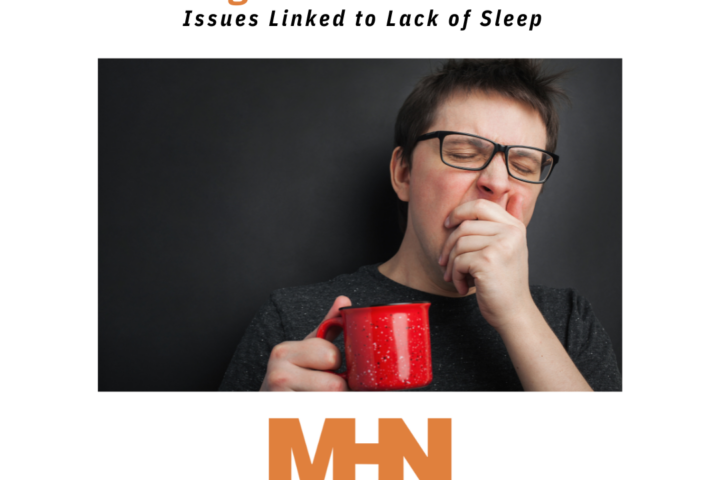A new study from the Karolinska Institute in Stockholm, Sweden has found that men with localized prostate cancer who exercise have better survival rates than men who don’t exercise. The study was published in December 2014 in the journal Cancer Epidemiology, Biomarkers & Prevention.
In the past, research has suggested that exercise could reduce prostate cancer risk. However, Stephanie Bonn, the study’s lead author, says this study is different. Bonn and her team chose to conduct this particular study because there was limited knowledge about the effects of exercise on prostate cancer patients after they were diagnosed.
The study involved 4,623 men who had been diagnosed with localized prostate cancer between 1997 and 2002. Researchers continued to keep track of them and collect data regarding their lifestyle until 2012. The men were given questionnaires regarding their diet, exercise, and lifestyle. During those years, researchers tracked the cause and death of any participants. Overall, there were 194 prostate cancer deaths and 561 deaths from other causes.
Men who walked or bicycled for at least 20 minutes or more each day had a 39 percent lower risk of dying from prostate cancer and a 30 percent lower risk of dying from all other causes, compared to men who exercised less than 20 minutes a day. For example, for every 1,000 men who exercised for at least 20 minutes each day, there were 23 deaths from any cause, compared to 38 deaths among men who exercised less than 20 minutes each day. Men who exercised for at least one hour each week had a 32 percent lower risk of dying from prostate cancer, and a 26 percent lower risk of dying from all other causes, compared to men who exercised less than one hour each week. For example, for every 1,000 men who exercised for at least one hour or more each week, there were 21 deaths from any cause, compared to 34 deaths among men who exercised less than one hour each week.
It is not clear whether exercise it the exact reason for increased survival rates, says Bonn. More research is needed to further investigate the link between prostate cancer and exercise. As for how the two are connected, it may be a reduction in inflammation and fat tissue, or possibly hormonal changes that may reduce prostate cancer growth.



